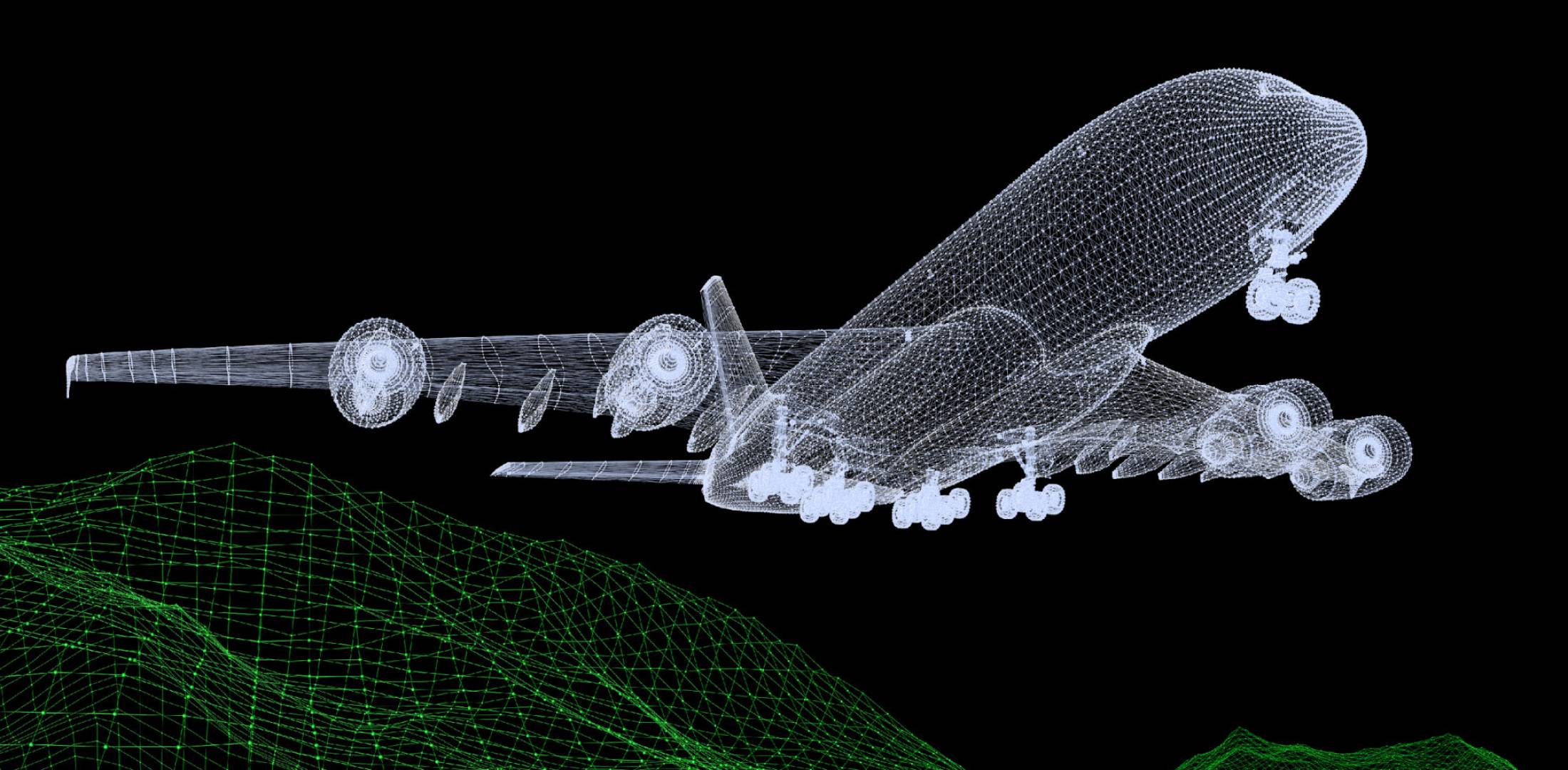
The aviation industry has always been at the forefront of innovation, pushing boundaries to connect the world and drive economic growth. As we step into the future, the industry faces new challenges and opportunities that call for a strategic and sustainable approach. Automation and technology are set to play a pivotal role in shaping the future of aviation, enabling businesses to achieve sustainable growth while meeting evolving customer expectations and environmental responsibilities. In this article, we will explore how automation and technology are transforming the aviation industry and paving the way for a brighter, more sustainable future.
1. Enhanced Efficiency through Automation:
Automation has already made significant strides in revolutionizing aviation operations. From automated check-in systems and self-service kiosks to robotic baggage handling and autonomous ground vehicles, the industry is witnessing a shift towards streamlined and efficient processes. Automation not only improves operational efficiency but also enhances the passenger experience by reducing waiting times and minimizing human errors. As technology continues to advance, we can expect even greater automation across various aspects of aviation, further optimizing resource utilization and enhancing overall efficiency.
2. Data-Driven Decision Making:
In the age of big data, harnessing the power of data is crucial for informed decision-making. The aviation industry generates vast amounts of data from multiple sources, including passenger bookings, flight schedules, maintenance records, and weather information. By leveraging advanced analytics and artificial intelligence (AI), aviation businesses can extract valuable insights from this data. These insights enable proactive decision-making, predictive maintenance, route optimization, and demand forecasting, leading to improved operational efficiency, reduced costs, and enhanced customer satisfaction.
3. Sustainable Aviation with Green Technologies:
The future of aviation is not only about efficiency but also about sustainability. With growing environmental concerns, the industry is increasingly focusing on adopting green technologies. Electric aircraft, biofuels, and sustainable materials are emerging as key areas of innovation. Electric propulsion systems have the potential to reduce carbon emissions significantly, while biofuels offer a more sustainable alternative to traditional jet fuels. Additionally, the use of lightweight and eco-friendly materials in aircraft construction enhances fuel efficiency and reduces environmental impact. By embracing these green technologies, the aviation industry can achieve a more sustainable and environmentally responsible future.
4. Seamless Connectivity and Personalized Experiences:
In an increasingly interconnected world, passengers expect seamless connectivity throughout their journey. The integration of technology, such as Internet of Things (IoT) devices, wearables, and mobile applications, enables personalized experiences and real-time information sharing. From personalized in-flight entertainment to customized travel recommendations and virtual reality-based training for aviation professionals, technology is reshaping the way we engage with aviation. By leveraging these advancements, businesses can create tailored experiences, build stronger customer relationships, and foster brand loyalty.
5. Safety and Security through Advanced Systems:
Automation and technology advancements also contribute to enhanced safety and security in the aviation industry. From advanced surveillance systems and biometric authentication to AI-based threat detection and response mechanisms, technology plays a vital role in minimizing risks and ensuring passenger safety. By harnessing these advanced systems, aviation businesses can create secure and efficient environments, instilling confidence in travelers and stakeholders alike.
The future of aviation holds immense potential for growth, sustainability, and enhanced passenger experiences. By leveraging automation and technology, the industry can achieve greater operational efficiency, reduced environmental impact, and improved safety and security. Embracing data-driven decision-making, green technologies, seamless connectivity, and advanced systems, aviation businesses can position themselves at the forefront of innovation and ensure a sustainable future for generations to come. As we navigate the path ahead, let us harness the power of automation and technology to shape a brighter future for the aviation industry.
Related Posts
Top Tree Removal Services in Gresham: What You Should Expect
When it comes to maintaining your property, tree removal is one of the most impo...
Read More
The History and Significance of Church Pews
Church pews, the long benches that fill the nave of many Christian churches, are...
Read More
Partnerships and Alliances: Strengthening the Aviation Industry through Collaborative Solutions
In the fast-paced and interconnected world of aviation, partnerships and allianc...
Read More
Industry Trends and Insights: Staying Ahead of the Curve in the Evolving Aviation Landscape
The aviation industry is in a constant state of evolution, influenced by technol...
Read More




